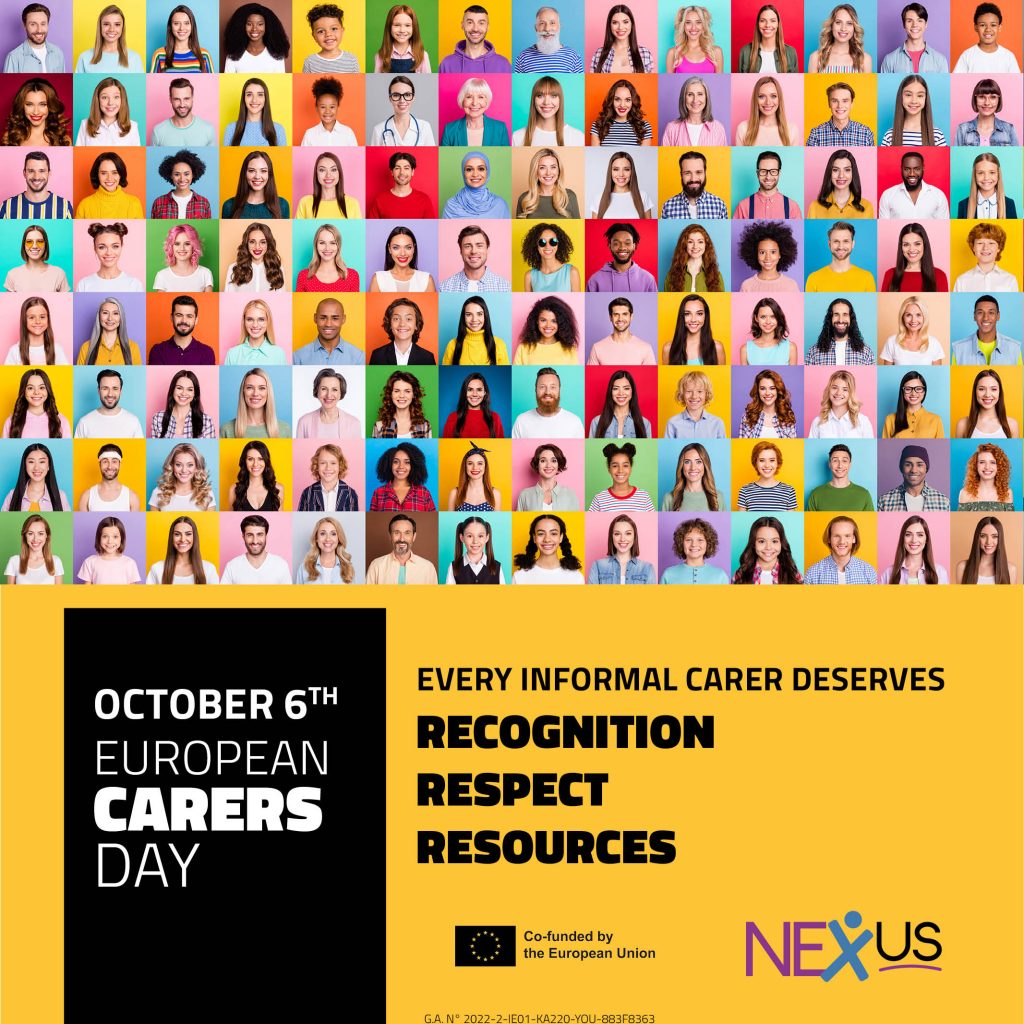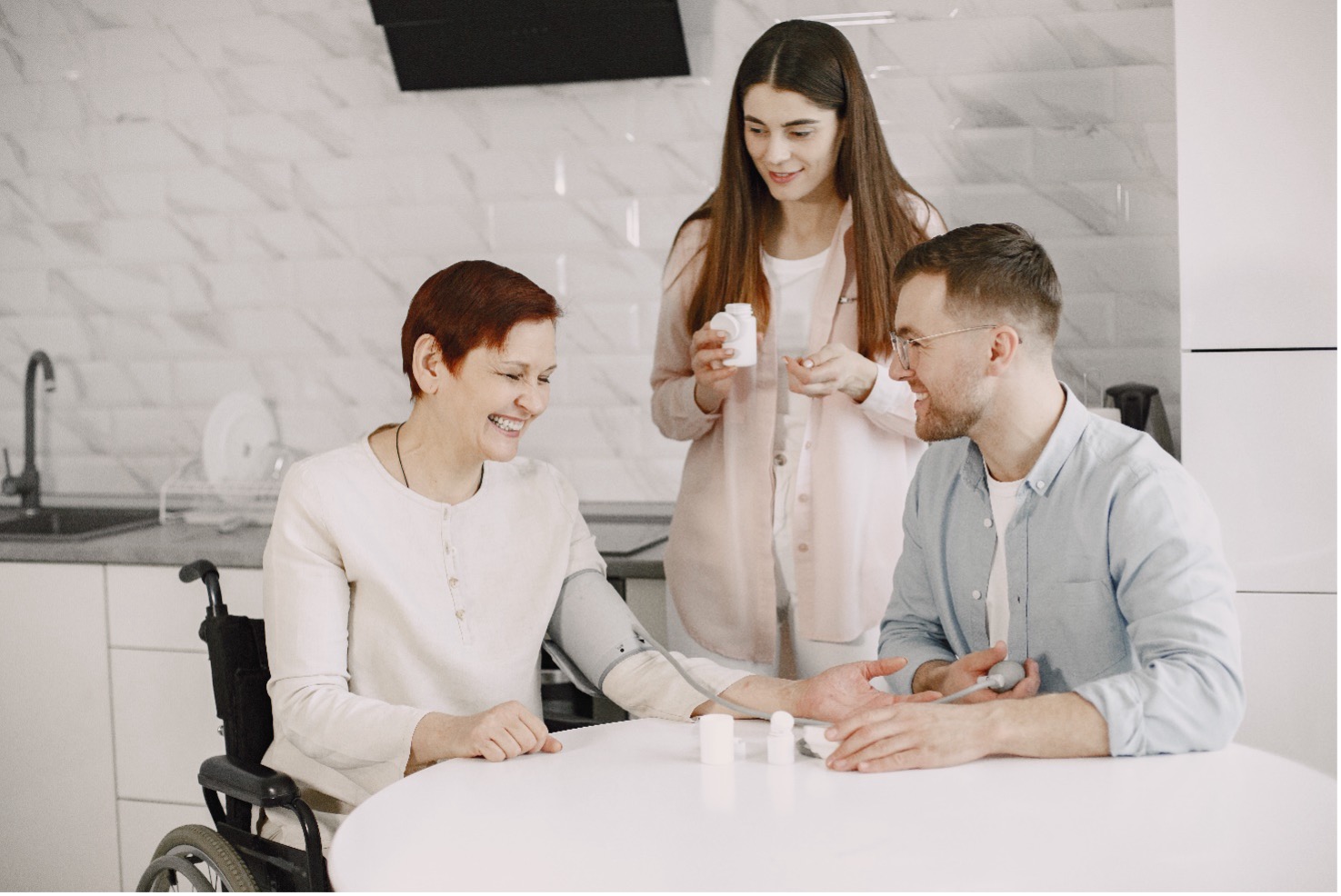Today, on European Carers Day, we would like to recognise and support those who dedicate themselves to caring for their loved ones, with a special focus on young carers. It is impressive how many young people and young adults play this crucial role on a daily basis, often without being seen. Their contribution and well-being deserves not only recognition but also appropriate support.
Being a young carer can offer gratification, for example, among the positive aspects can be the pride derived from caring for a loved one, the sense of belonging to a close-knit family that cooperates and supports each other, and the personal growth manifested in the ability to handle multiple responsibilities with determination and resilience.
However, this role can also bring challenges that can impact and influence various aspects of their well-being:
- Socialisation: Young carers may feel isolated from their peers and have few opportunities to socialise.
- Emotional well-being: Stress, fatigue and mental health issues are common among young carers.
- Physical health: Many of them face sleepless nights, considerable physical exertion and difficulties in eating.
- Stability: Young carers may go through traumatic experiences, such as bereavement, family separation or financial difficulties.
Given the complexity of this reality, it is essential to intervene on several fronts to support young carers, recognised in Europe as a new form of vulnerability. In response to this need, the Erasmus+ NEXUS Project aims to develop training programmes for professionals working with young carers to listen to them, give them a voice and support them. The aim is to improve practitioners’ skills and contribute to the development of evidence-based policies to support young carers by actively involving young carers themselves through participatory research.
For more information on the project you can continue to follow the dedicated website or follow us via hashtag: #nexusproject #youngcarers
Picture by prostooleh on Freepik



